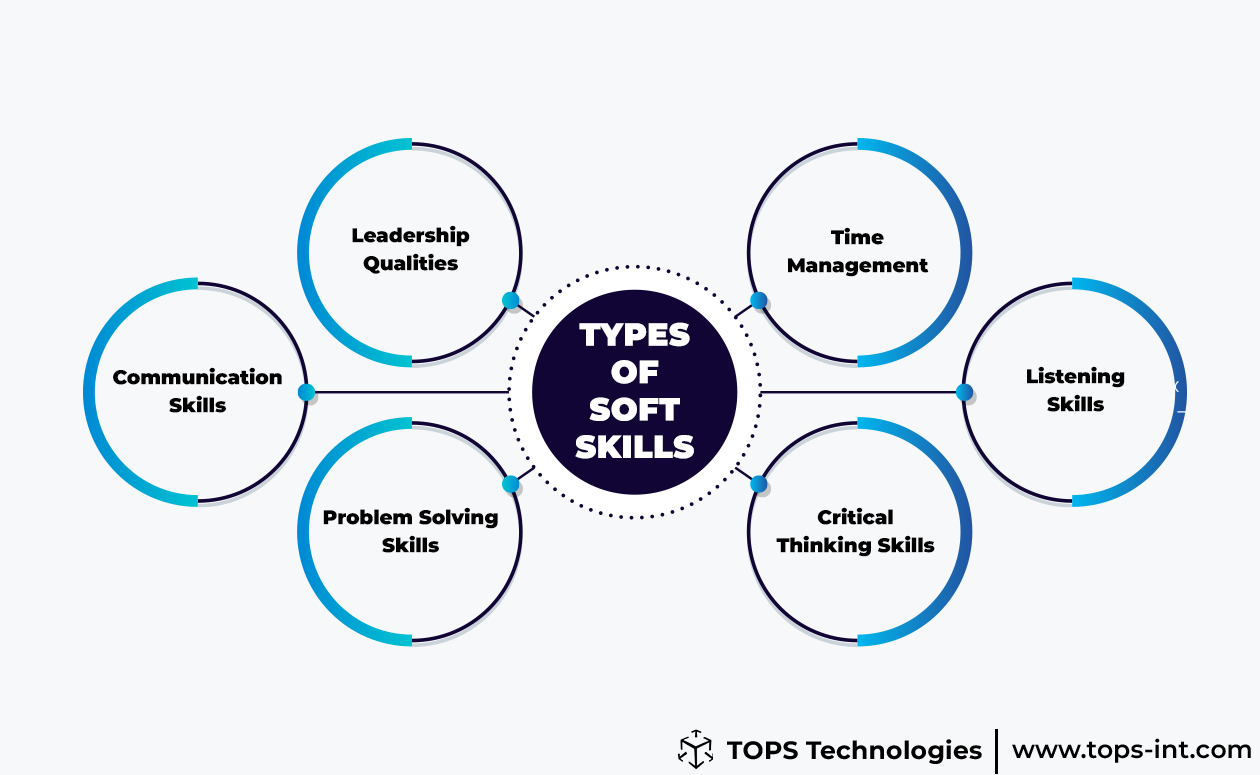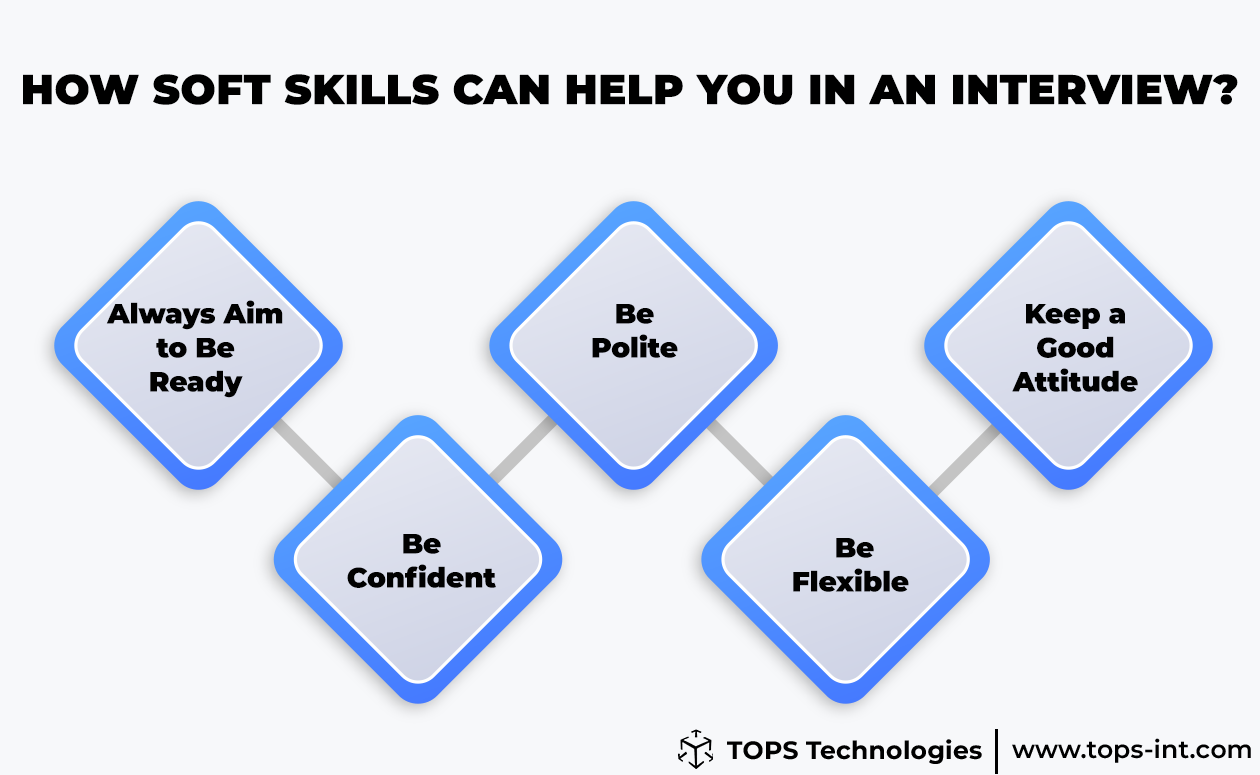Introduction
There is a lot of confusion in the minds of people in general when it comes to learning extra skills in the form of soft skills. Soft skills can be defined as an overall uplifting of ethical awareness in etiquettes and behavioral representation of your own self, the definition of this skill vastly varies and so are the ways of learning and adapting them in real life.
Importance
A degree and analytics certification is not always enough to get you through the interview. What you need is soft skills to crack the interview for an analytics job.
The analytics industry calls for some core soft skills that often decide the success quotient of analytics jobs. Here, we explicitly cover on the whys and whereof of “Why Soft Skills are so important to crack an Interview...” “
Because while “hard math” is required to address the technical issues…. Successful applicants will also have to demonstrate their “soft skills.”
Types of Soft Skills
Communication Skills:
This is the most common, widely used, and popular form of soft skills. Every company looks forward to having employees who are not only skilled in their respective skills but are equally good as an effective communicators. Such people can not only do a task but can also present it the best way possible.
Leadership Qualities:
Every single organization seeks candidates who possess leadership qualities in them as it is easy to do a task but it takes immense talent in getting a task done by a team in the smartest of ways by keeping the team happy as well as motivated.
Problem Solving Skills:
Impediments and hindrances are a part of the work cycle and it is rightly said that encountering many problems is a good sign as it shows that work is in progress and not stagnant. Finding out solutions to all those impediments in the correct way is very crucial, the person who is equipped with such a skill is a great asset to the company as he never lets any problem be a barrier and ensures the solution is found and implemented.
Time Management:
Considered to be the most in-demand skill this is where the majority of the working professionals lack behind, getting a task done is important but getting it done within the time frame without any compromise in the quality of the product is the preeminent part which plays a very crucial role in the development of the organization and professional himself. Time is one such resource that can never be recouped and thus it is rightly said that the one who can manage time can manage anything.
Listening Skills:
It is a very famous saying that the root cause of our maximum problems is misunderstandings and almost every misunderstanding happens because we do not listen to what is said, we never listen to understand but we listen to the reply, and this tendency of vehemently justifying the points causes a majority of scuffles. Listening skills are highly recommended for every entrepreneur, professional and entry-level aspirant.
Team playing:
Your ability as a team player is most likely to be put to test through questions tackling real-life problem scenarios, your experiences on projects, and questions aimed to judge your team-playing potential.
How to get a tick in this soft skill? Display an openness, a cross-cultural disposition, and general tolerance of ideas and come across as a person who can thrive in high-pressure situations as a part of a team.
Organization, Clarity, and Concision:
These are the skills that form the bedrock of the analytic role. Hence you may expect to be examined for these soft skills. The key to success is to be on alert, even when the interviewers will most likely attempt to get you relaxed. Display your ability of organization and attention to detail from appearance, CV writing to presentation, and responses.
Critical thinking skills:
Your ability to relate your learning to real-life problems is likely to be tested together with your skills in thinking under constraints. The key is to keep your wits together and think through things before responding clearly.
Creative thinking:
Your creative ability comes through your project presentation and real-world problem applications presented to you. Analytics requires constant innovation and the application of divergent theories to a single problem under consideration. Reasoning and analysis with creative out-of-the-box ideation are what give you the edge over and above the other job applicants.
Soft Skill is an amalgamation of all the above-mentioned points and to bring all these in daily life we need knowledge, training, guidance and immense practice.
We, at Tops Technologies not only provide you the guidance but we make sure that you acquire these skills through proper training & participation of aspirants during a demonstration in the class. Apart from the above-mentioned skills, we also train the aspirants on how to write a proper CV/Resume, how to make PPTs, and how to do Presentations.







